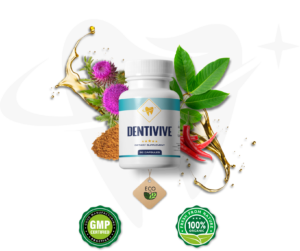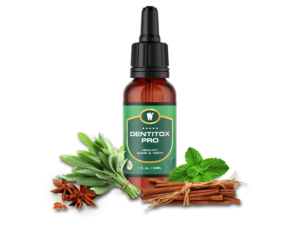Dental plaque is a biofilm of bacteria that forms on the teeth and other surfaces in the mouth. It is a natural part of the oral microbiome, but when it accumulates, it can cause harm to the teeth and gums. The bacteria in dental plaque feed on sugars and starches from food, producing acid that can erode the tooth enamel and cause cavities. Over time, if left untreated, dental plaque can harden into tartar, which is much harder to remove and can only be removed by a dentist.
Dental plaque is a common dental problem that affects millions of people worldwide. It is a soft, sticky film of bacteria that accumulates on the teeth, and if left untreated, it can lead to tooth decay, gum disease, and other oral health problems. In this article, we will explore the causes of dental plaque, how it is treated, and the role of dental probiotics in maintaining good oral health.
Dental plaque is caused by a combination of factors, including poor oral hygiene, a diet high in sugar and starch, and certain medical conditions. When teeth are not brushed and flossed regularly, plaque can build up on the teeth and gum line, leading to decay and gum disease. A diet high in sugar and starch provides the bacteria in dental plaque with a ready source of food, allowing them to thrive and multiply. Medical conditions such as dry mouth, which reduces the production of saliva, can also contribute to the formation of dental plaque.
The symptoms of dental plaque include:
- Visible white or yellow film on the teeth
- Bad breath
- Tooth decay
- Gum disease
- Bleeding gums
dental plaque is a common dental problem that can have serious consequences if left untreated. Maintaining good oral hygiene practices, reducing the intake of sugar and starch in the diet, and incorporating dental probiotics into a daily routine can all help prevent the formation of dental plaque and promote good oral health. If you are concerned about dental plaque or other oral health issues, be sure to consult with your dentist for advice and treatment options.
The treatment for dental plaque involves removing the plaque from the teeth and preventing it from forming again. This can be done through a combination of professional dental cleanings and good oral hygiene practices at home. Dental cleanings involve using specialized tools to remove plaque and tartar from the teeth, while good oral hygiene practices include brushing and flossing regularly, using mouthwash, and reducing the intake of sugar and starch in the diet.
Dental probiotics are beneficial bacteria that can help promote good oral health and prevent the formation of dental plaque. These probiotics work by competing with harmful bacteria in the mouth for space and resources, and by producing substances that can neutralize harmful acids and prevent the formation of plaque. Some studies have also shown that dental probiotics can help reduce bad breath, gum disease, and other oral health problems.
There are several types of dental probiotics available, including those that contain Lactobacillus reuteri and Streptococcus salivarius, which are two strains of bacteria that are naturally found in the mouth. These probiotics can be taken in the form of supplements or added to oral care products such as toothpaste and mouthwash.
Dental plaque is a common dental problem that can lead to serious oral health problems if left untreated. It is caused by a combination of factors, including poor oral hygiene, a diet high in sugar and starch, and certain medical conditions. The treatment for dental plaque involves removing the plaque from the teeth and preventing it from forming again through good oral hygiene practices and regular dental cleanings. Dental probiotics can also help promote good oral health and prevent the formation of dental plaque by competing with harmful bacteria in the mouth and producing substances that neutralize harmful acids. Incorporating dental probiotics into a daily oral hygiene routine can be an effective way to maintain good oral health and prevent the formation of dental plaque. The dental Office Network is an affiliate and or sponser of products on this site.

















1 Comment
[…] hard, calcified deposit that forms on the teeth and gum line. It is a result of the accumulation of mineralized plaque, which is formed by the bacteria in the mouth. Tartar can be yellow or brown in color and is often […]
Comments are closed.